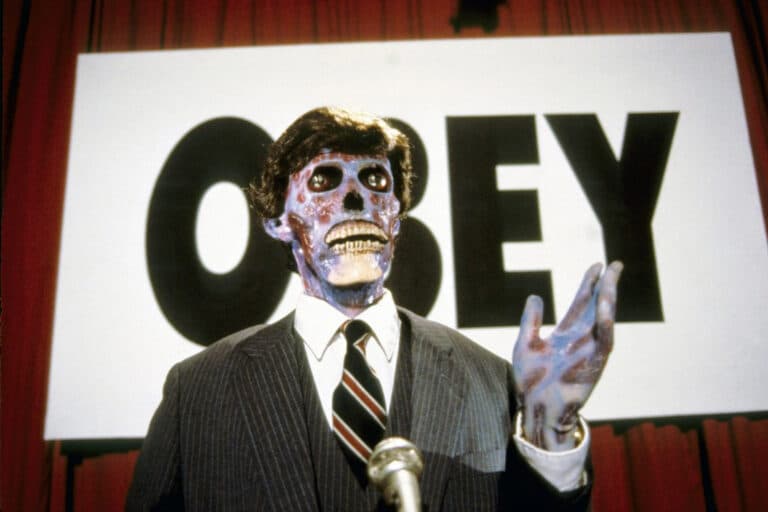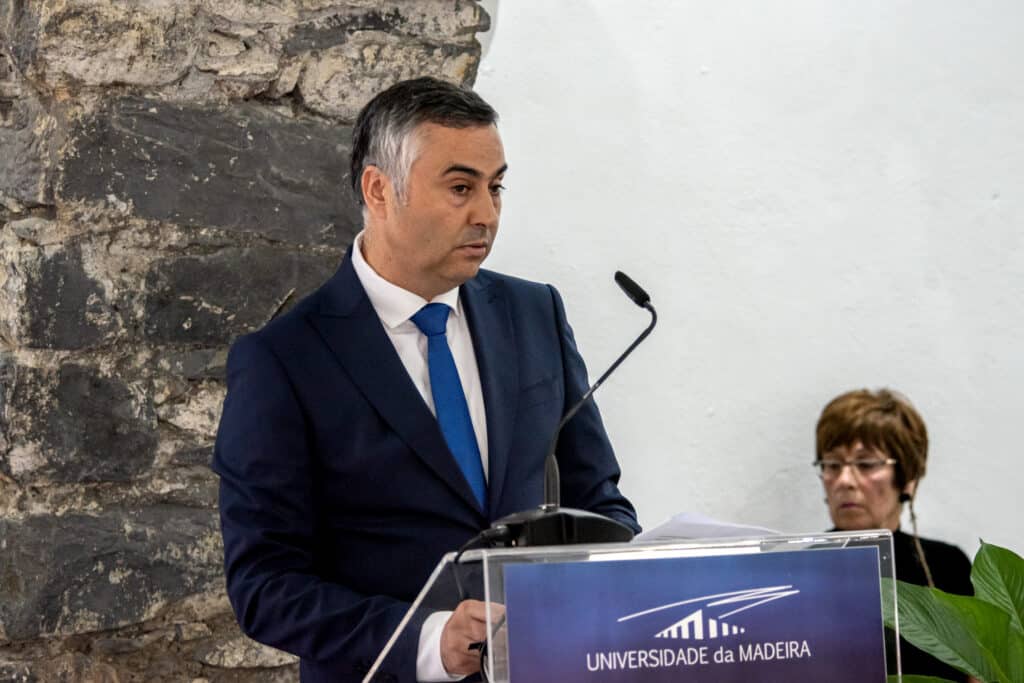To summarise the intricacies and complexities of the European Union is no mean feat, especially to do so in roughly 200 words. The European Union is facing its most difficult challenge to date as people in the member states are increasingly becoming apathetic or downright adversarial towards the EU. With the situation of Brexit being a predominant political problem, that will be felt by most people throughout the continent and the rest of the world, the EU will have to weather this storm if it is to maintain the integrity and diplomatic relations with the rest of the union member states. The EU needs to be strong when confronting Britain as they have to show other countries that leaving the Union is disastrous. The elections in May, look like they will be held with one less member. My country (The United Kingdom) is on course for a shambolic fallout from the EU without a considerable deal in place. The short term consequences will heap havoc on all governments and people involved for a multitude of reasons.
The European Union has many faults and problems and if they do not start correcting these issues, fellow Union members will follow in the same footsteps as Great Britain. The European Union has implemented salient laws especially around the environment. But I believe that the economic policies of the EU are what drive a lot of anti-EU sentiment across the whole continent. Over the last ten years since the Great Recession across Europe, the European Central Bank (ECB) has established extremely harsh austerity measures on the periphery members such as Greece, Italy, and Portugal (effects were felt in Madeira as well). And the boom and bust cycle looks likely to repeat itself, like Spain, for example is trying to get out of its economic depression by a substantial increase in consumer spending and the rise in private debt. This is what put most of Europe into a depression in the first place. It is not the refugees that so many on the right would like to point fingers at, which are causing problems in Europe, but macro-economic deflationary forces and economic mismanagement by the ECB which is giving rise to a crumbling Europe. Immediate and well thought out investment needs to take place as soon as possible because discontent as the UK has shown recently, highlights the many Europeans who believe that there is no solution from our political systems. A radical change in the EU’s economic policies needs to happen to save the Union from further political crisis and member departures.
Project co-financed by ERASMUS+.
James Garn
Students’ Union UK Volunteer
















